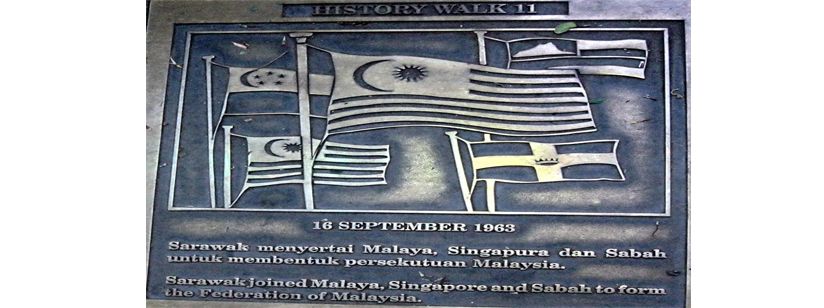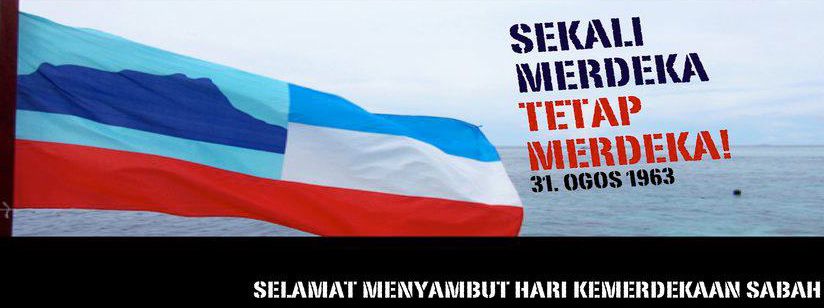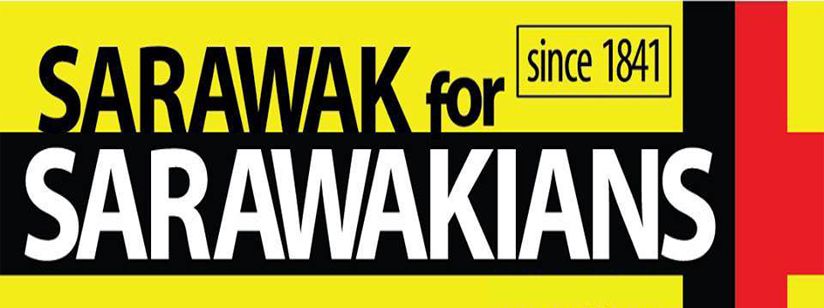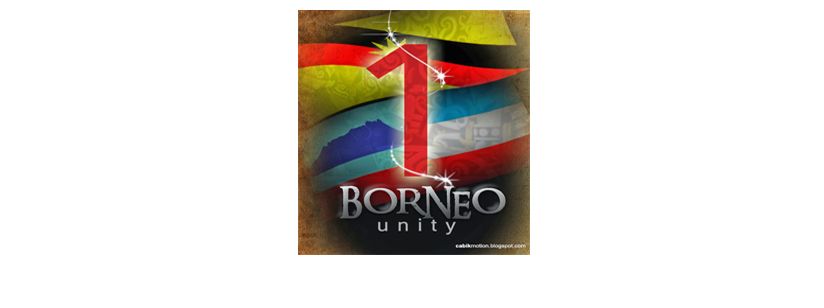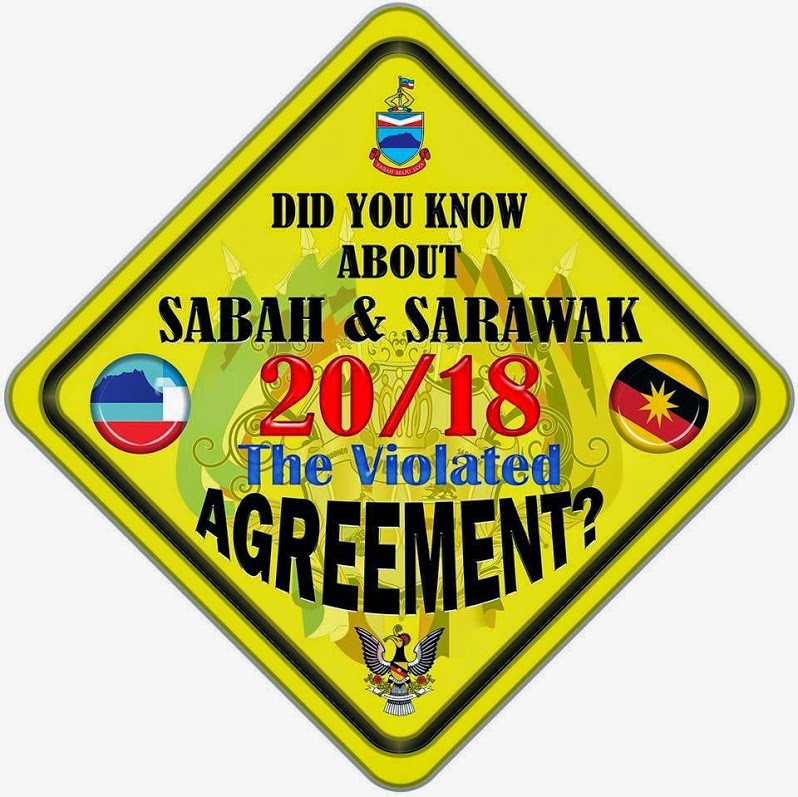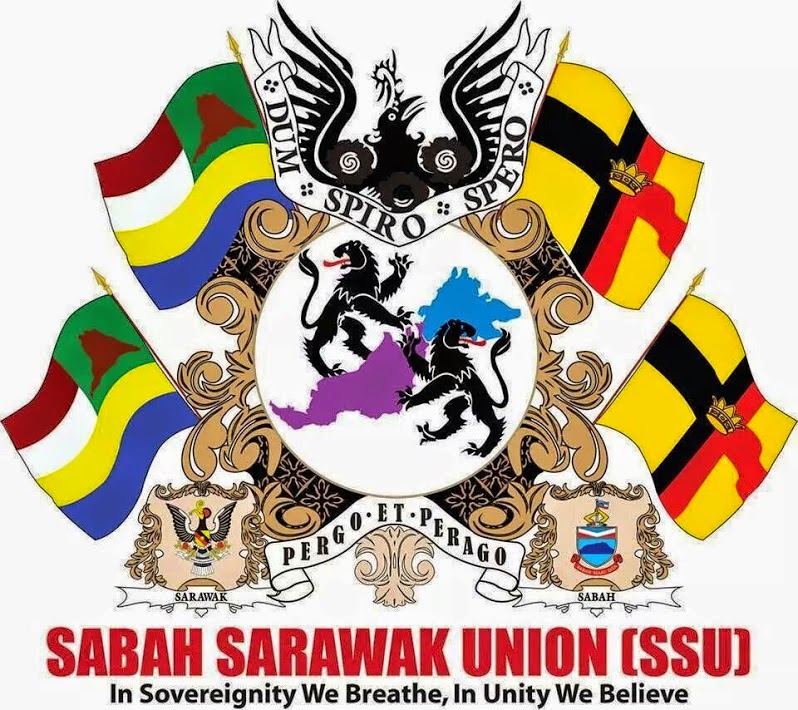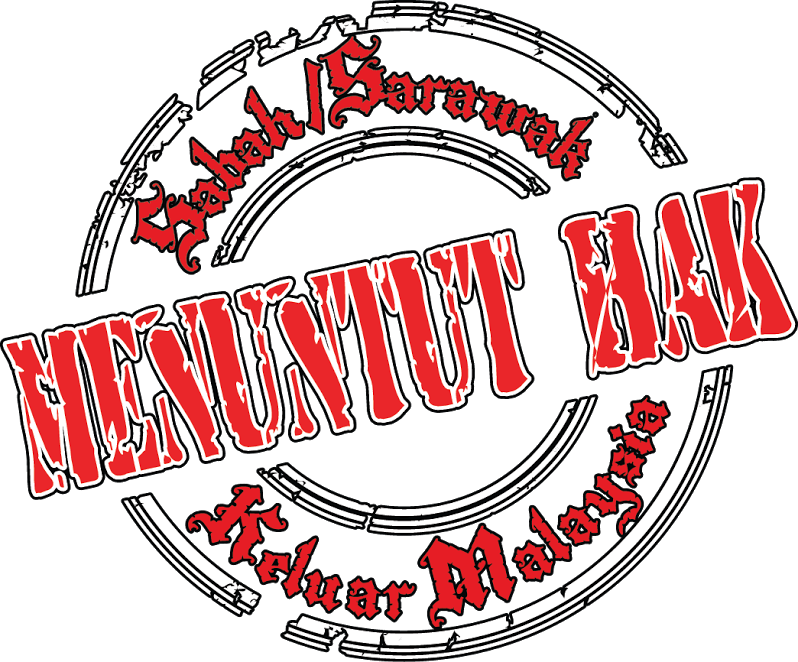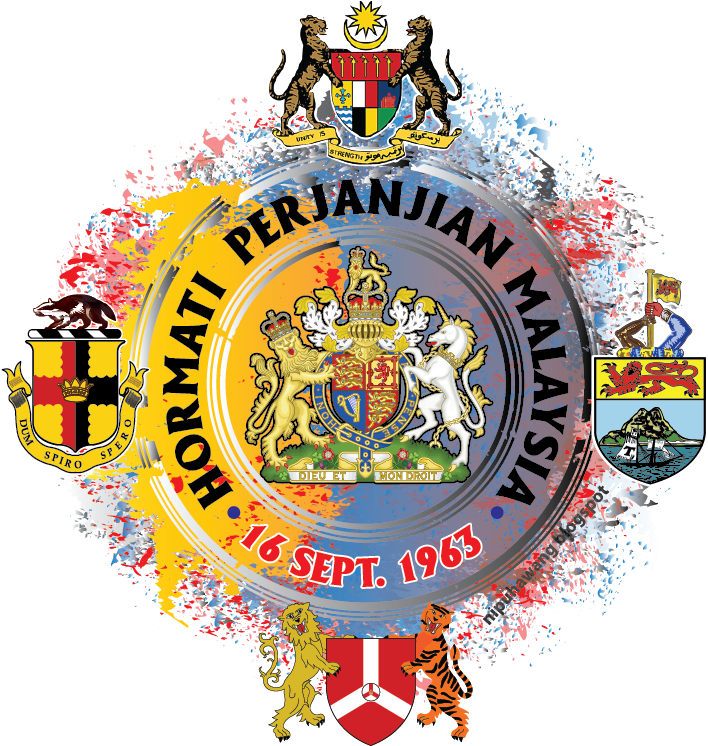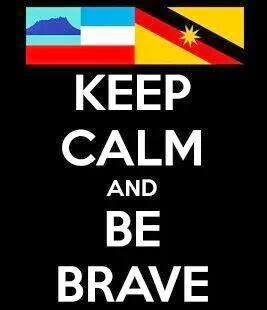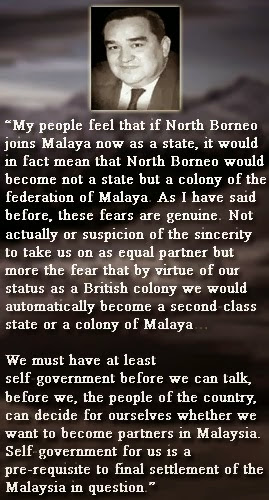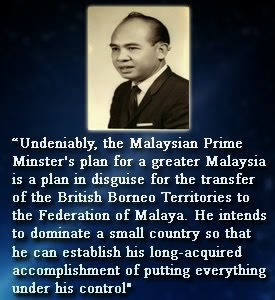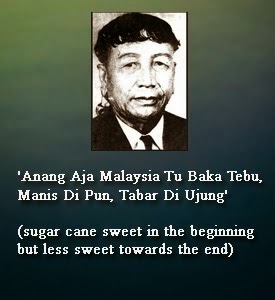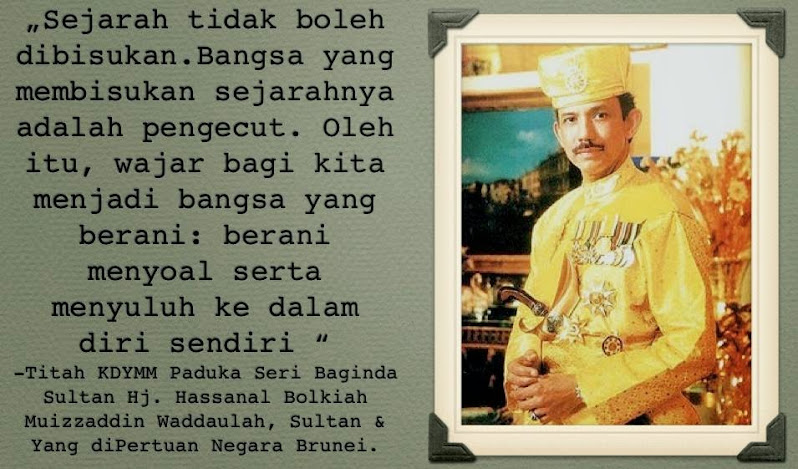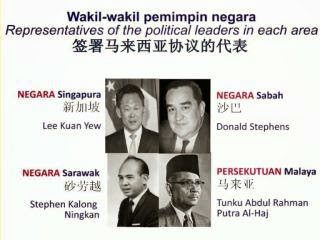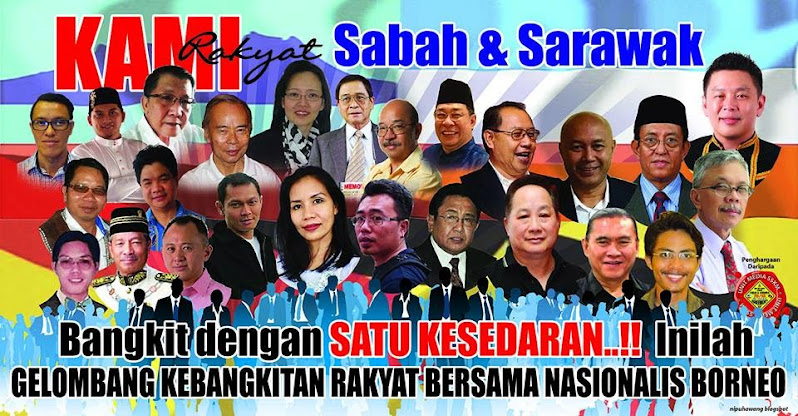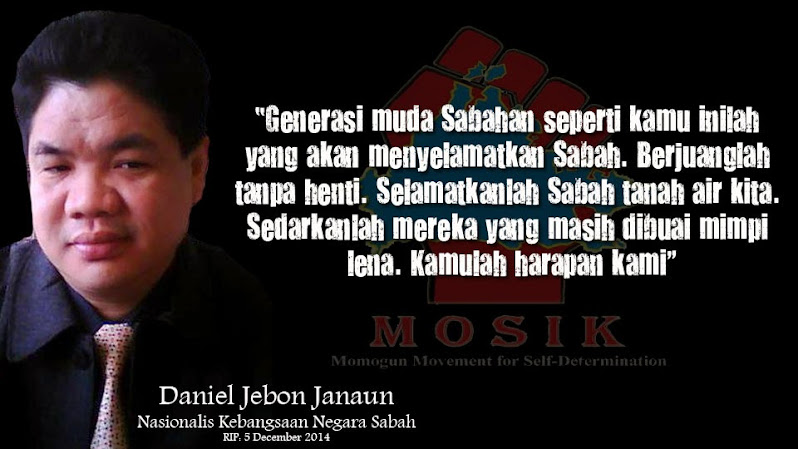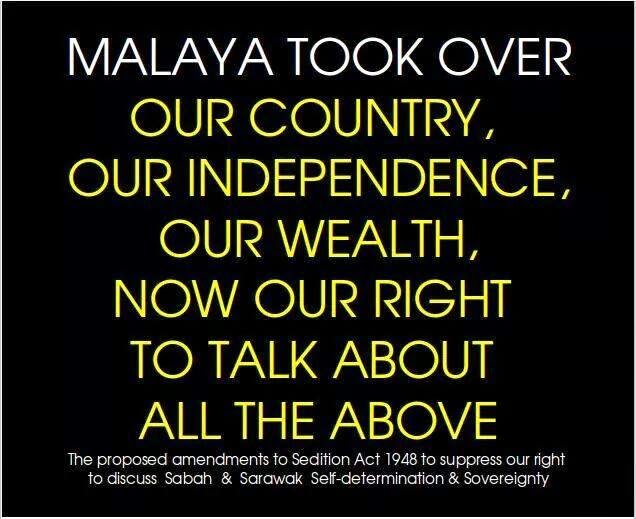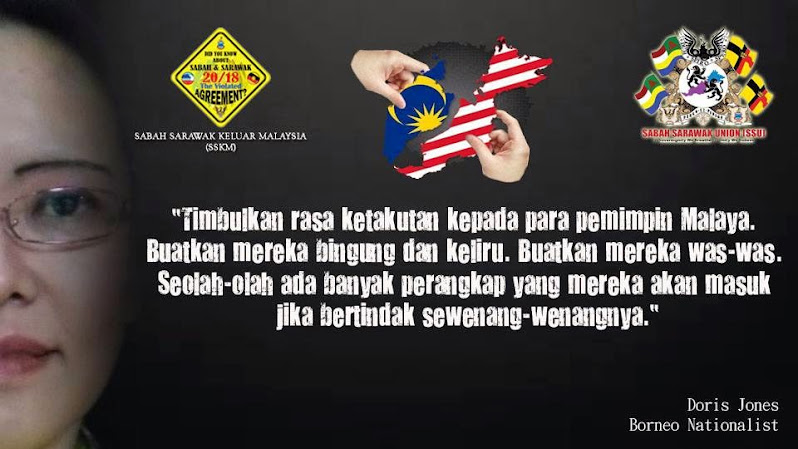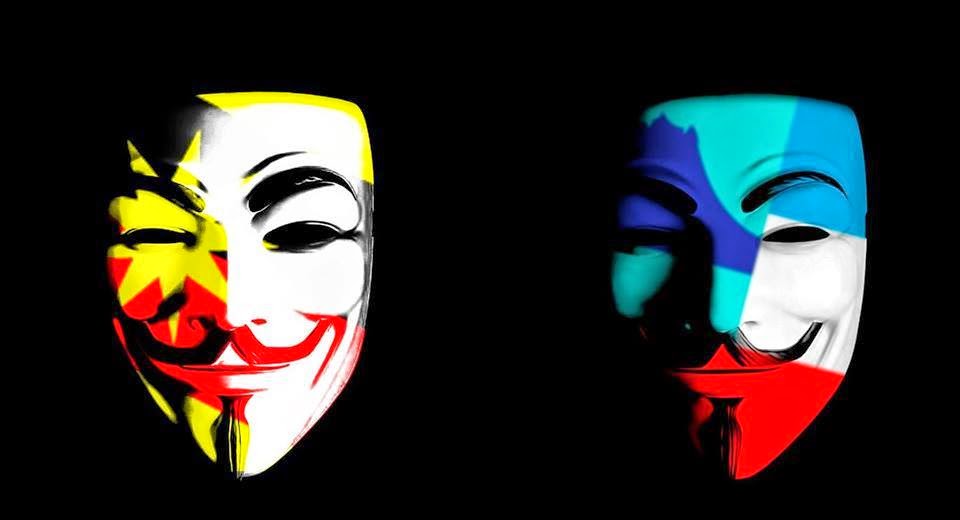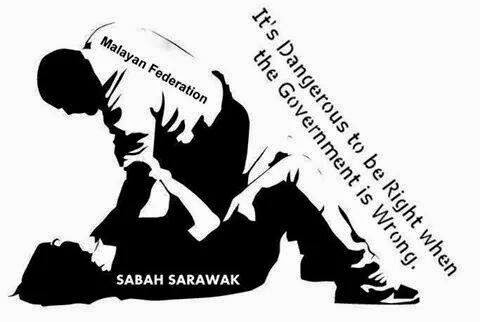Api Api was what Kota Kinabalu used to be known before the name was changed to Jesselton and later to Kota Kinabalu. Some Hakka still refer KK as Ya Pi. There are at least 2 accounts on how the settlement came to be known as Api Api. 1) Named after a big fire caused by rebels in 1897 which razed down the Pulau Gaya settlement. 2) named after some kind of plants which were plentiful in KK.
Karamunsing in Kota Kinabalu was named after a type of plant/tree used to be abundant in the area, which in local dialect was known as Karamunceng or Karamunsheng tree.
Keningau used to be known as Kaningau. Oscar Cook in 'Borneo the Stealer of Hearts' mentioned it as such. The town got its name from a type of cinnamon tree known as Kaningau in local dialect which grow/grew abundantly there.
Kota Belud was derived from Sama words, which directly translates to Hill Fort, or rather, Fort on the Hills. It was one of Mat Salleh's strongholds during the 1897-1900 uprising against the (British) Chartered North Borneo Company.
Labuan got it's name from the "Malay" word for anchorage i.e. Labu-an. In Sama language labu' means drop and labu-an is to drop, in this case dropping achor. A Bruneian would have pronounced it as Labu-han. A small village in Kota Belud shares both the name and the role as an achorage, albeit on a small river for small sampans.
Lok Kawi is named after Cowie. Lok is bay in Bajau language and Kawi is the Malaynised Cowie
Manggatal is the correct name not Menggatal, some overzelous outsider coined this Menggatal. The name was derived from a mango tree which found abound near the present river, the type of mango "kambasang" which is quite coarse and it irritates your throat hence gatal in Malay. The place has a lot of these species of mango, hence Manggatal was born.
Sandakan was said to have acquired its name from the word Sanda-kan, where Sanda means pawn off/sell off. This word is common among the peoples living in the area and Southern Philippines, as well as the Iranun people in Kota Belud. Obviously this refers to the British North Borneo Company (later chartered) acquisition/lease of the area from the Sulu Sultanate in the early 1870's.
Tenghilan named after a large Manggilan tree where people used to do their daily sustenance activities
Taun Gusi, a major village in Kota Belud got it's name after a major flood decades ago accidentally unearthed many ancient Chinese jars, similar to the ones that are very popular among many tribes in Sabah. The words Taun Gusi literally translates to Jungle of Jars in Sama language.
